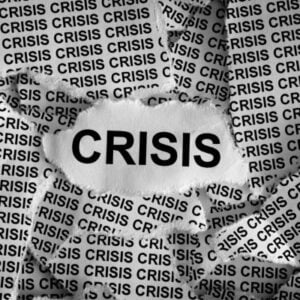New York, 10 October 2025 – UNDP’s latest report, “A Generation on Edge: Youth Safety and Well-being in Myanmar”, warns that prolonged insecurity, economic hardship, displacement, and fear are severely undermining both human security and the mental health of Myanmar’s young people. The report finds that nearly one in seven youth — about 2.5 million people — live in near-constant fear for their personal safety, while over six million feel unsafe walking alone at night.
Almost one in three young people report frequent anxiety or stress, with the highest levels observed in Kayah (over 60 percent) and Chin and Rakhine (40–45 percent). Young men generally report feeling more unsafe, whereas young women with disabilities experience the greatest levels of fear and vulnerability, reflecting overlapping risks.
Released on World Mental Health Day, the report emphasizes the urgent need for mental health support amid widespread conflict, fear of abduction, and economic insecurity. Kanni Wignaraja, UN Assistant Secretary-General and UNDP Regional Director for Asia and the Pacific, highlighted that growing up in trauma-filled environments could have irreversible consequences for an entire generation’s health and well-being.
The report identifies drugs (37 percent) and fear of abduction for forced recruitment (30 percent) as the most pressing safety threats. It also notes a significant erosion of trust in justice systems, as over four in five youth who experience crime do not report it beyond their families due to fear, stigma, and lack of confidence in law enforcement. Feeling unsafe doubles the likelihood of persistent anxiety or stress, with many youth describing life in “survival mode,” constantly worrying about conflict, livelihoods, and family safety.
Despite these challenges, nearly half of youth remain hopeful about their personal futures, and two-thirds believe peace is possible. UNDP stresses that such optimism is fragile and calls for urgent investment in safety, dignity, and opportunities to prevent a generation from being lost to fear and despair.
To address these issues, UNDP recommends locally driven actions including the expansion of community-based mental health and psychosocial support, strengthening protection systems for at-risk youth, and integrating mental health services into all humanitarian and recovery programs. Special attention is urged for young women, persons with disabilities, and youth in conflict-affected areas.






